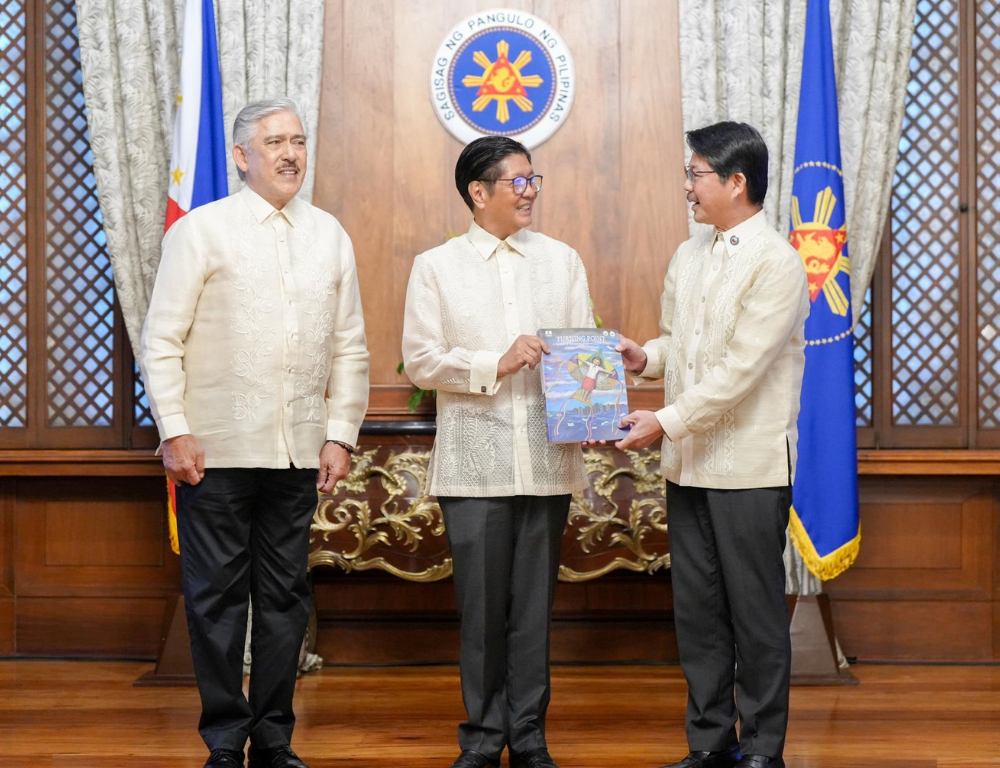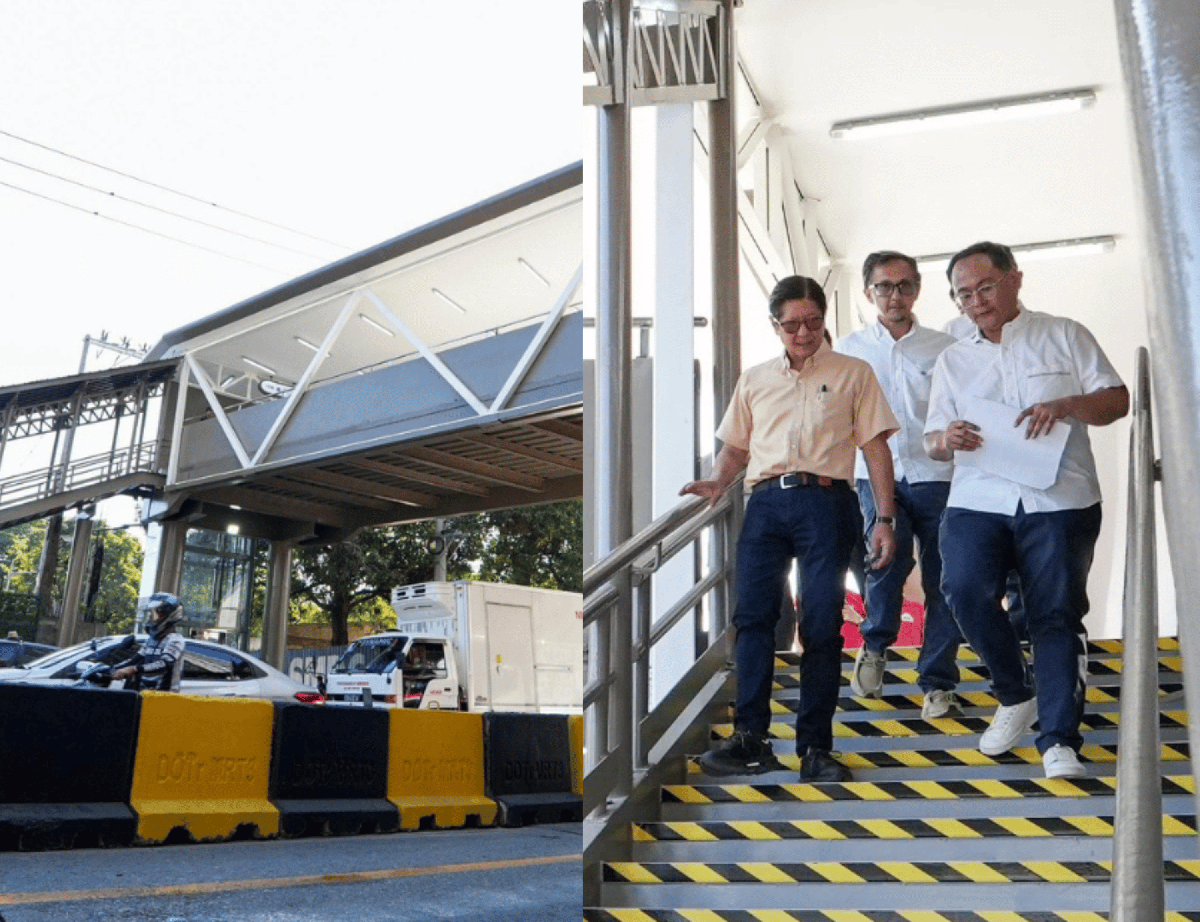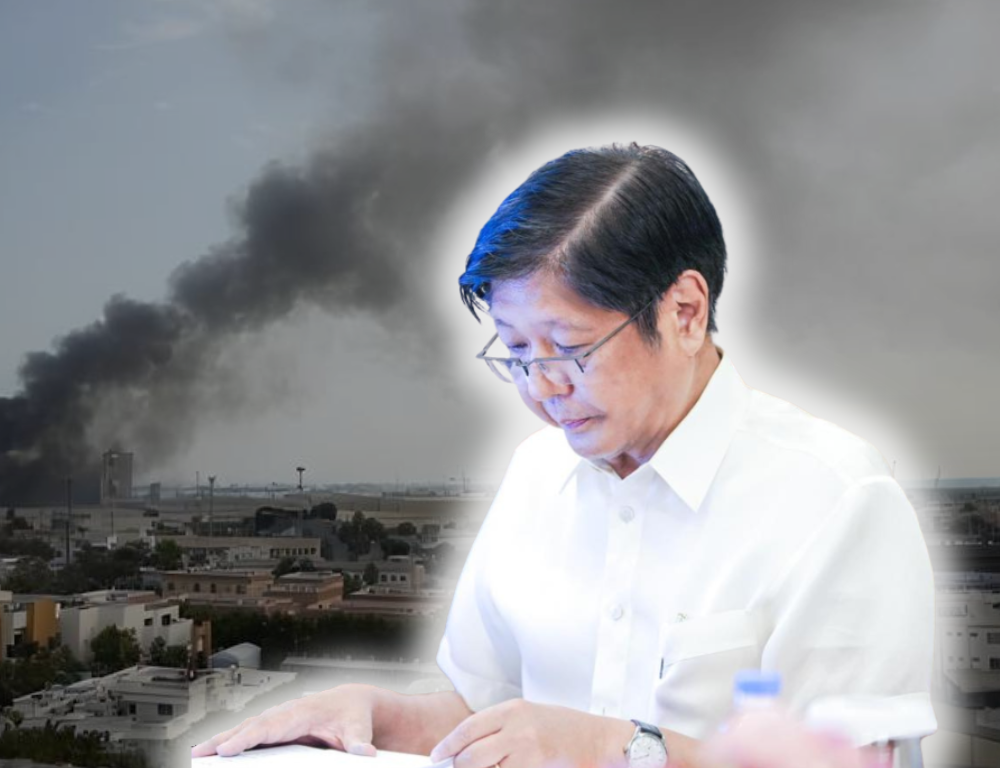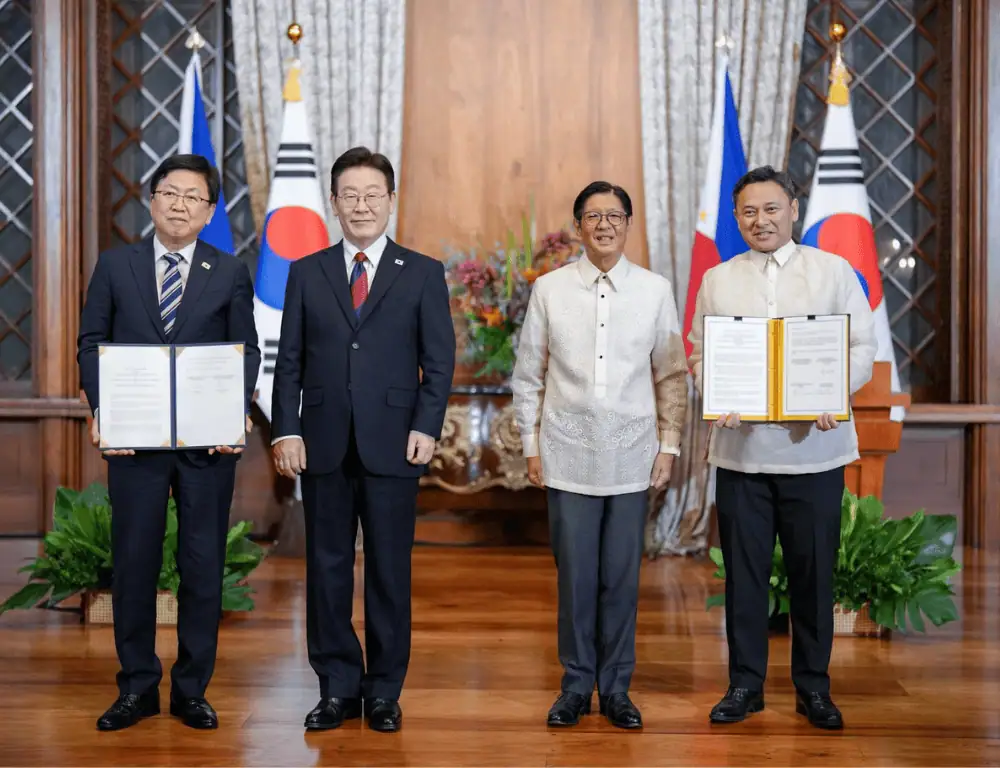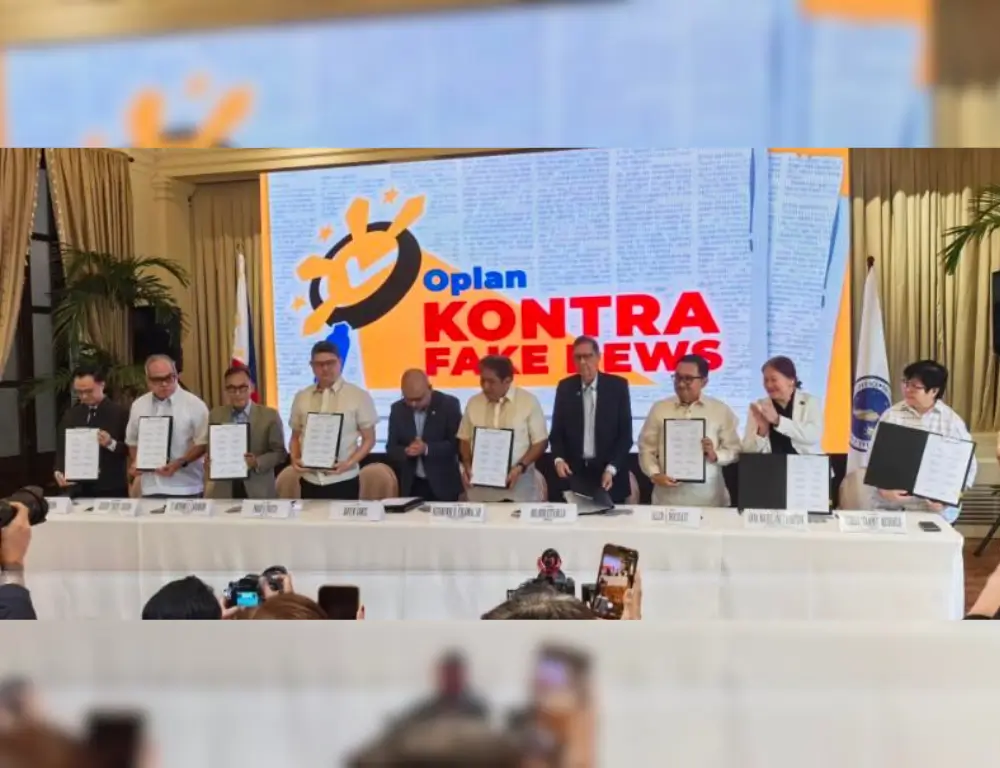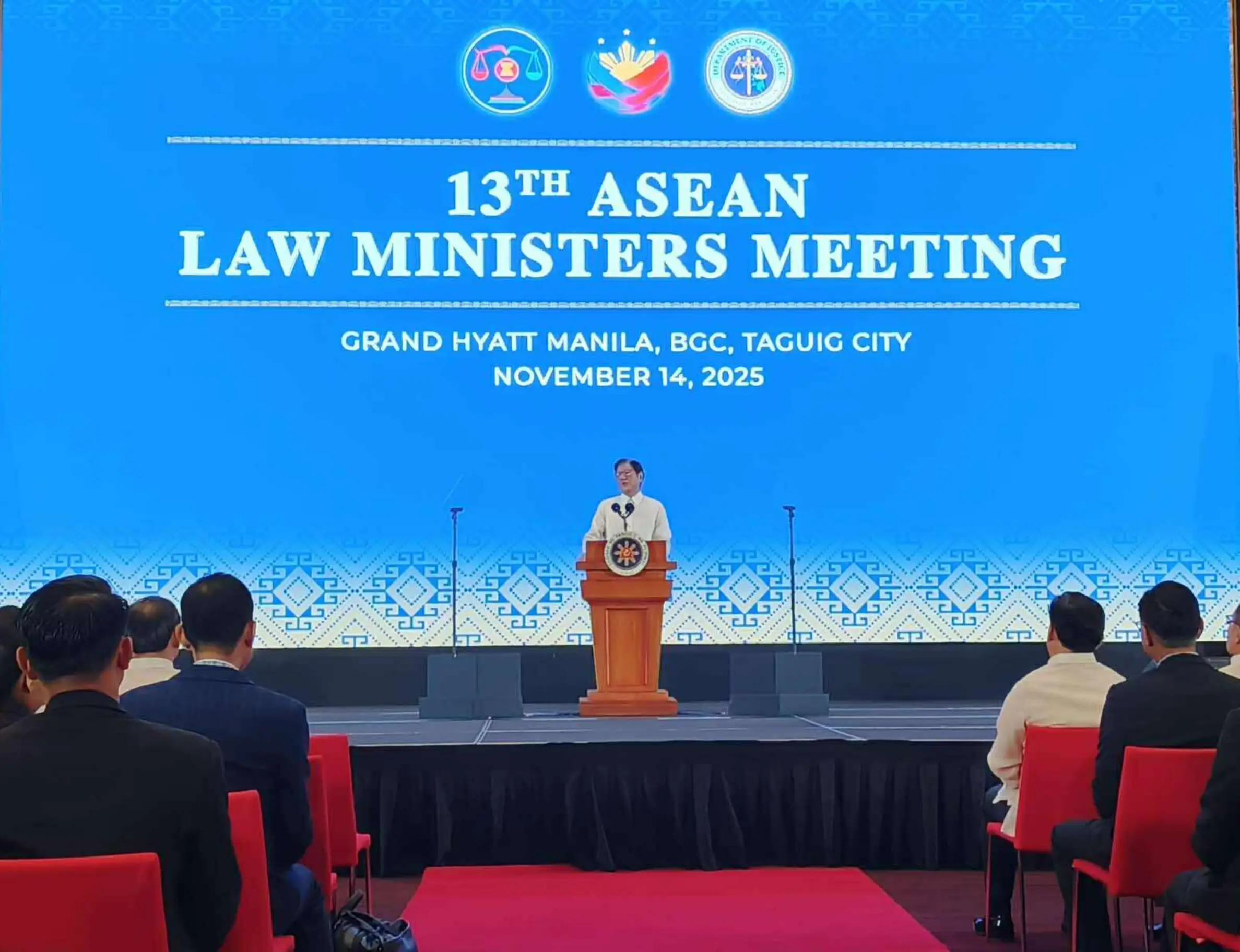
President Ferdinand R. Marcos Jr. on Friday emphasized the importance of the Association of Southeast Asian Nations’ (ASEAN) Treaty on Extradition in preventing fugitives from evading justice.
During the 13th ASEAN Law Ministers Meeting (ALAWMM) at the Manila Grand Hyatt in Taguig City, Marcos said the signing of the ASEAN Extradition Treaty (AET) signifies the Southeast Asian nations’ commitment to enhancing regional cooperation in combating crime and ensuring accountability across borders.
“This year, we stand on the threshold of a significant achievement: the ASEAN Extradition Treaty, also known as the AET. The AET reflects our collective resolve – that individuals with criminal charges will not escape justice by crossing borders in ASEAN,” he said.
“The signing of the AET will be a defining moment in our effort to bring to justice those who have acted against the law. With this landmark treaty, we send a clear message to the world that we are united and that our legal foundation is stronger than ever.”
Marcos said the treaty harmonizes legal principles in international agreements, including the extradition of nationals, procedures for provisional arrest and documentation, and mechanisms for the settlement of disputes and implementation.
After the opening ceremony of the ALAWMM, ASEAN ministers signed the AET, a landmark agreement that establishes a uniform legal framework strengthening legal cooperation, upholding criminal accountability, and safeguarding peace and security across the region.
The AET is the regional bloc’s response to the growing need for international legal cooperation within the region, in light of the increase in cross-border crime and human mobility.
The extradition treaty, a binding legal instrument, allows the surrender of a fugitive found in an ASEAN member state to a requesting country where he or she is being prosecuted or needs to serve a sentence.
The Department of Justice serves as the central authority for the Philippines, with the Office of the Chief State Counsel responsible for making or processing extradition requests.
The ALAWMM, convened every two years, serves as ASEAN’s premier forum for dialogue and cooperation among law ministers to strengthen legal frameworks, promote legal cooperation, and uphold the rule of law as a cornerstone for peace and stability in the region.






